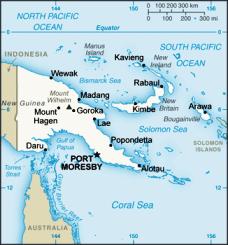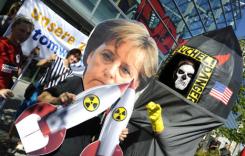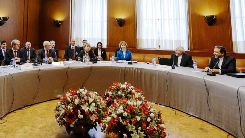By J C Suresh | IDN-InDepth NewsAnalysis
TORONTO (IDN) – “O arise all you sons of this land, Let us sing of our joy to be free, Praising God and rejoicing to be Papua New Guinea.” This is the first verse of the song that was promoted to national anthem, when the country in Oceania became independent of Australia in September 1975. Much of the spirit it embodies, seems to have vanished little by little.
Papua New Guinea (PNG) has fallen prey to one of the rapidest and largest land grabs in recent history, coordinated by dozens of foreign corporations, from Malaysia, China, Australia, and USA, among other countries. They have appropriated nearly a third of the country, devastating the world’s third-largest rainforest and taking away land and heritage from its inhabitants, according to an investigative report and a film, ‘On Our Land’, released by the Oakland Institute and the Pacific Network on Globalisation (PANG).










